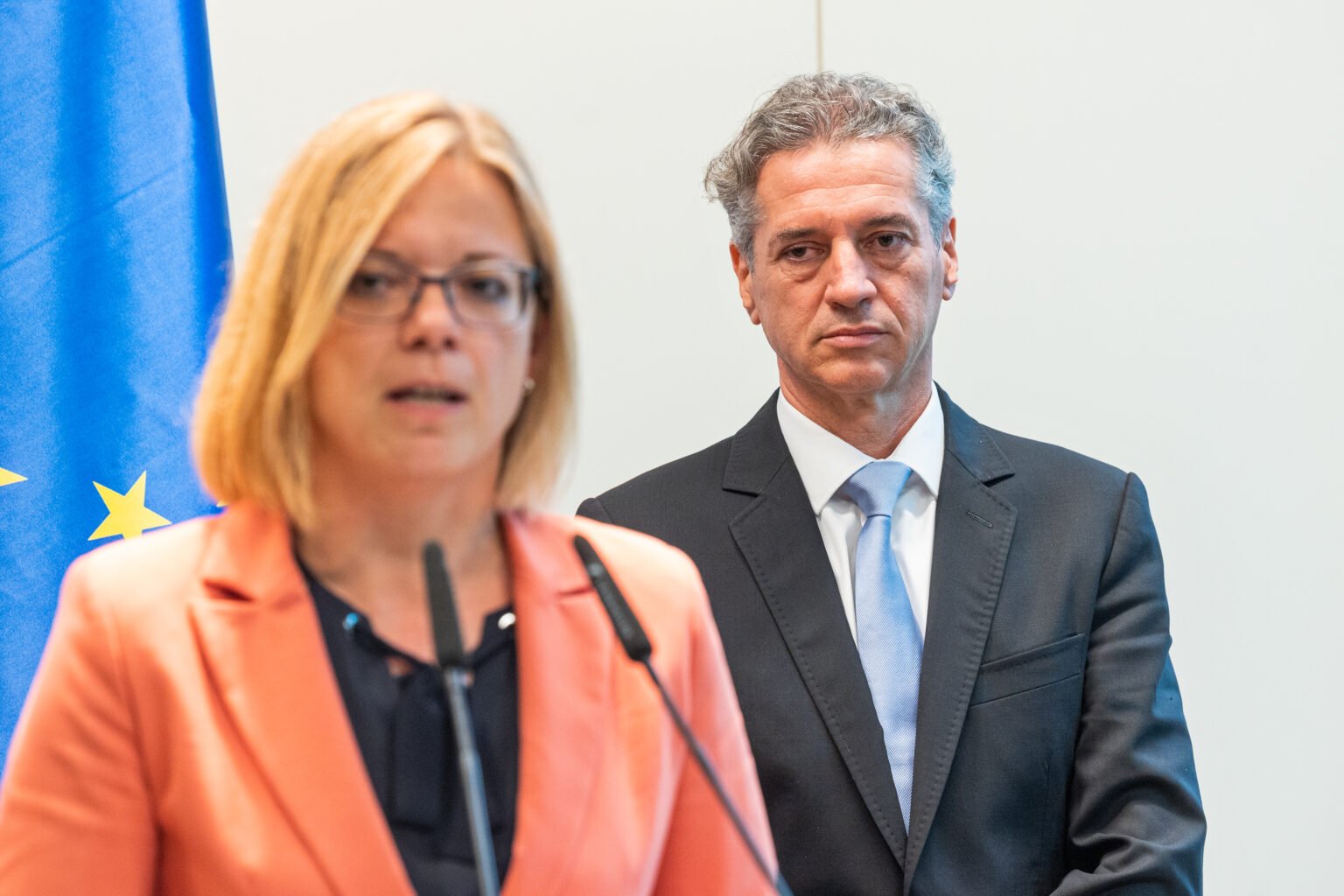By: I. K. (Nova24TV.si)
From the government side, we have been hearing stories for some time about how the financial treasury is empty, to the extent that the country will not be able to afford flood recovery as promised. This was also the main reason for a new tax pogrom on citizens and entrepreneurs – the so-called “solidarity contribution”, which will take away one day’s worth of earnings from each citizen. Additionally, the government is proposing further taxation of banks, and Minister Boštjančič has stated that they will not stop there. But beware! There seems to be enough money – the state is preparing a major reform of public sector salaries – the largest since Virant’s reform in 2008. It will cost citizens almost a billion euros!
The government has presented a proposal to trade unions in the public sector for the elimination of pay disparities and the transfer of job positions to a new pay scale, which will cost taxpayers approximately 847 million euros – excluding salaries of officials and directors, which are not counted in the public sector salary fund. In the end, the reform will cost around one billion euros or 1,000,000,000.00 euros. Let’s not forget! Just a few weeks ago, Tanja Fajon, Robert Golob, and Luka Mesec assured us that there was no money.
Minister for Public Administration, Sanja Ajanović Hovnik, believes that negotiations can be concluded by October 15th, with implementation over three years, and the start of implementation set for January 1st, 2025, one year before the elections. “Because it involves such a large amount, it is clear – and it was already clear at the beginning of this year – that these reforms cannot be implemented immediately.”
This will primarily result in increased pressure on the social equalisation of income, further exacerbating the problems of wage compression. In the end, cleaners will be dangerously close to administrators and advisors. The first pay grade on the new pay scale will be valued at the minimum wage, meaning a 25% increase or even slightly higher for those currently in the 25th pay grade.
A billion euros can be found for the public sector
Janša’s income tax reform was annulled because the state could not afford an 800 million euro shortfall. This is what government representatives explained at the time when they began deducting part of the salaries from us again on January 1st, the portion that Janša’s government had left us. Correction: apparently, they can afford it – even more, they can afford it, but only for public servants, not for all workers (including those in the public sector). It is important to note that the public sector already has higher salaries than the private sector, and after the reform, the total wage bill in the public sector will increase by 27%, which amounts to 1.5 billion euros compared to 2022, as individual partial agreements with privileged groups within the public sector have already been adopted.
While we are undergoing a salary reform in the public sector, which will cost the state a billion euros, the European Central Bank (ECB) is calling for the restraint of salary demands. ECB Vice President Luis de Guindos recently told the German newspaper Süddeutsche Zeitung that unions should avoid excessive demands for salary increases. According to him, it is necessary to avoid a wage-inflation spiral because it has no winners. However, this does not seem to concern the Slovenian government – it has once again shown that it divides people into first and second-class citizens. Those in public administration are simply first-class.
